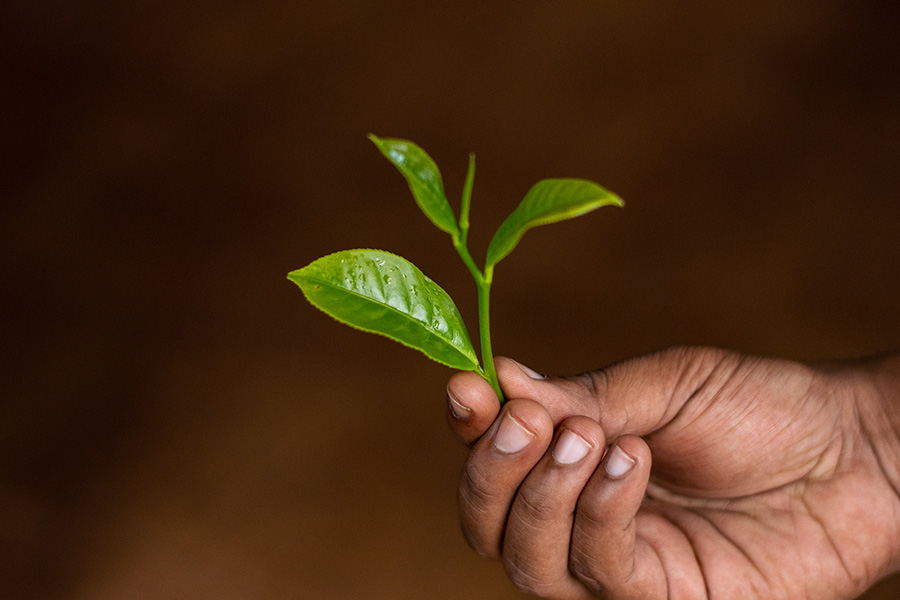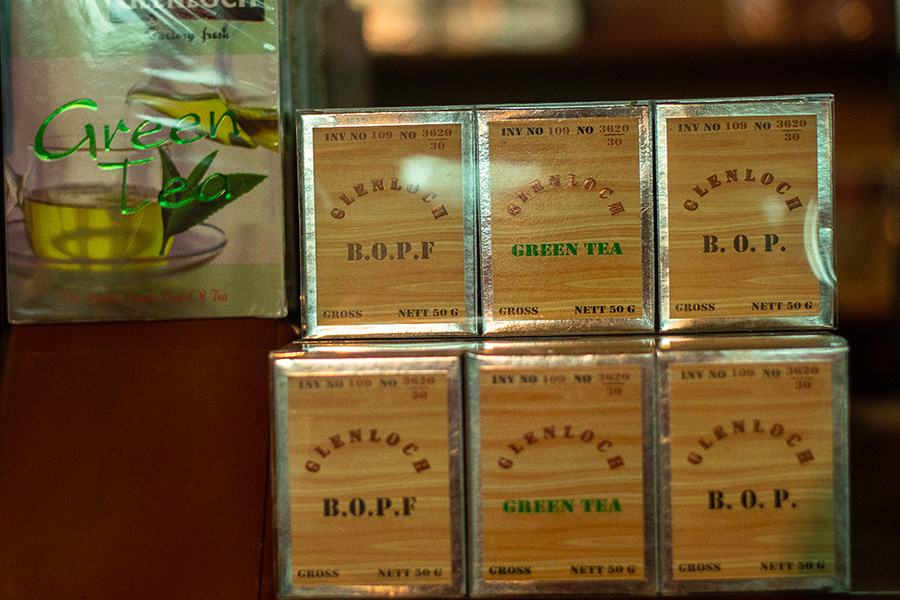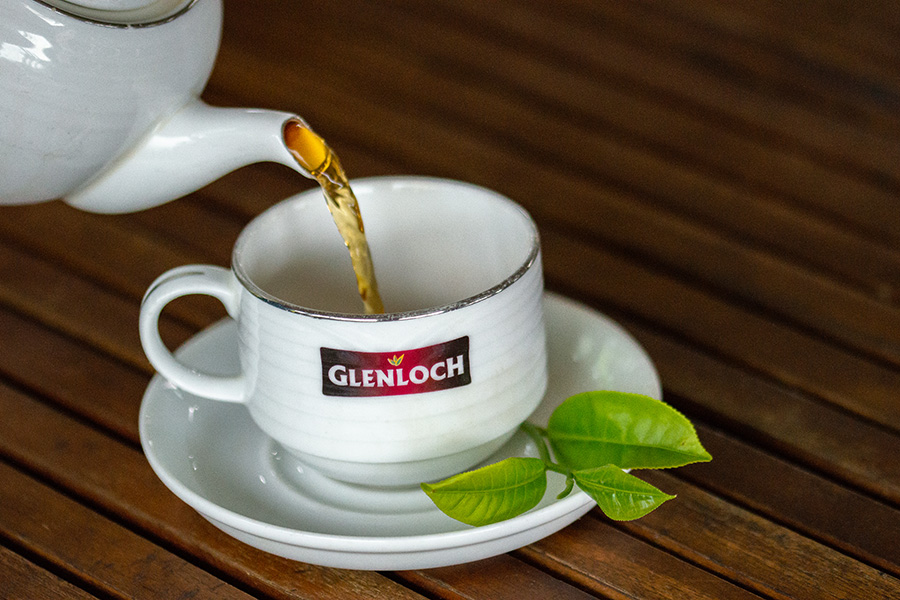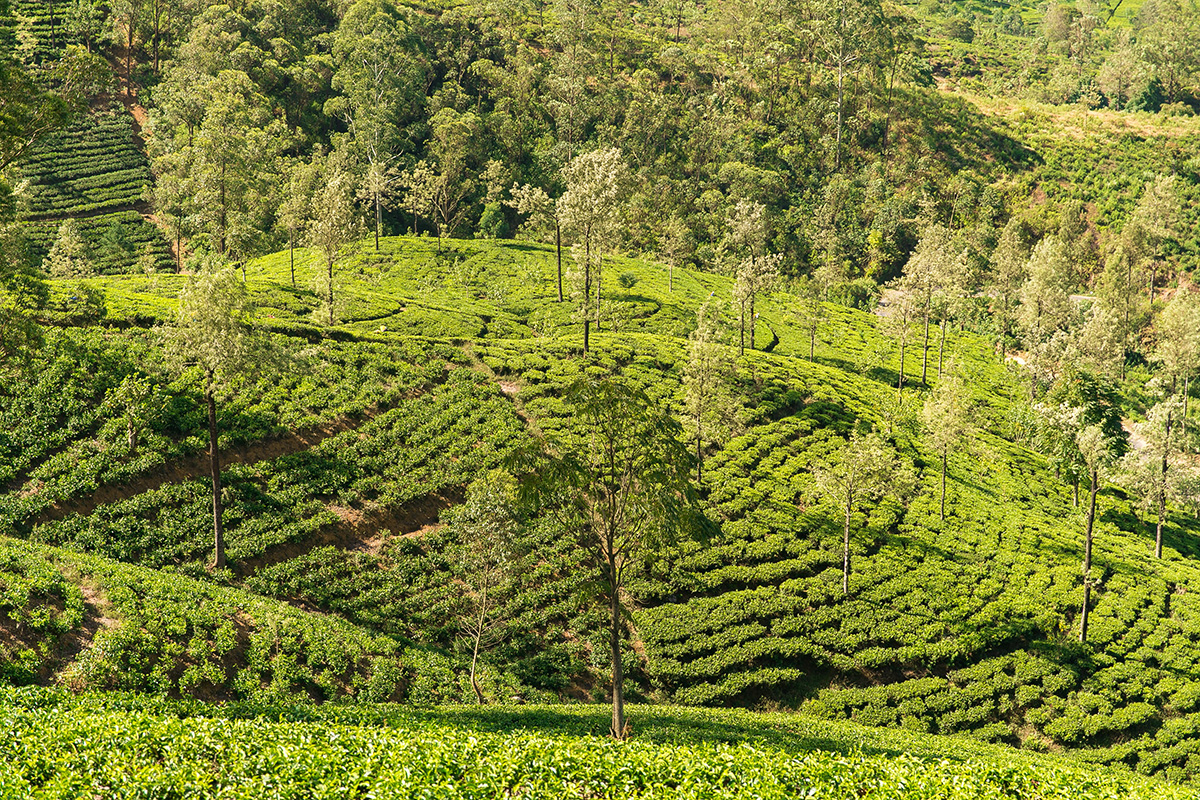Ceylon Tea: Exploring the Rich Heritage and Exquisite Flavours
Introduction to the Legacy of Ceylon Tea - From Plantation to Cup
Dive into the enchanting world of Ceylon tea, where every sip tells a story of history and craftsmanship. Originating from Sri Lanka’s lush landscapes, Ceylon tea has become globally recognized for its unique flavour and aroma. Experience a journey from plantation to cup, celebrating centuries of expertise distilled into every brew.
During your visit to Sri Lanka, embark on a journey through the country’s verdant tea plantations. Here, bushes are meticulously tended, and leaves are handpicked with precision. Each cup is crafted by skilled workers who process and blend leaves to create teas rich in bold flavors and invigorating notes. For an immersive experience, tea plantation tours offer insights into the entire process, from plucking to brewing. Enjoy scenic views, aromatic teas, and insights into time-honoured traditions that define Ceylon’s esteemed tea culture.

The Story of Ceylon Tea: A Rich Legacy
The name “Ceylon” traces its roots back to the early 1800s when Sri Lanka was under British rule. In 1824, Chinese tea plants introduced at Peradeniya Botanical Gardens marked the beginning of high-quality tea production in Ceylon. Tea plantations flourished in Sri Lanka following the collapse of the coffee industry in 1869 due to a devastating disease.
James Taylor, a Scottish pioneer, revolutionized Sri Lankan tea cultivation. Starting with a 19-acre plantation in Loolekandura in 1867, he set up a key factory there by 1875 and began shipping Ceylon tea to London. Infrastructure development, like the upcountry railway and Tea Research Institute, also played a role in Sri Lanka’s rise as a top tea exporter by 1965.
Today, Ceylon Tea stands as a leading player in the global tea market, catering to both everyday enthusiasts and discerning connoisseurs. Representing 10% of the world’s tea demand, Ceylon Tea is celebrated for its premium quality and distinctive flavour.

Discovering the Unique Characteristics and Varieties
Sri Lanka’s tea plantations produce a rich variety of teas to suit every palate. Growing regions in the central highlands and southern inland areas are categorized by elevation, with high-grown teas thriving above 1200m, medium-grown teas between 600m and 1200m, and low-grown teas up to 600m.
High-grown Ceylon tea, famous for its briskness and bright infusion, is a favourite among those seeking a refreshing cup. In contrast, low-grown tea offers a fuller-bodied flavour and deep color, appealing to those who enjoy a richer brew. Sri Lanka’s orthodox tea production, a method involving precise rolling and oxidation, yields the well-known black tea variant.
In addition to traditional methods, Sri Lanka produces tea using the CTC (Cut Tear Curl) process, resulting in a unique taste profile. Varieties include white, green, instant, bio, and flavoured teas, showcasing Sri Lanka’s versatility in meeting diverse consumer preferences.
For a delicate experience, white Ceylon tea offers subtle notes with an ethereal quality. Flavoured teas, infused with citrus, floral, or spicy aromas, take one on a sensory journey that invigorates the palate and excites the senses.
The Health Benefits and Cultural Significance
Savouring pure Ceylon tea brings both enjoyment and health benefits. Renowned for its antioxidants, Ceylon black tea supports immunity and overall wellness. Its protective plant compounds may improve blood pressure and cardiovascular health. Regular tea consumption is associated with better gut health and a reduced risk of diabetes and certain cancers. With calming properties, tea alleviates stress while improving focus and concentration.
Tea also holds a special place in Sri Lankan culture. Unlike many cultures where coffee is a morning staple, Sri Lankans often start their day with tea, typically served with milk. This simple act reflects Sri Lanka’s deep-rooted tradition of hospitality and appreciation for tea.

Brewing and Enjoying Your Perfect Cup
Brewing a perfect cup of authentic Ceylon tea involves careful selection and technique. Start by choosing high-quality loose-leaf tea from reputable sources in Sri Lanka. For different types of Ceylon tea, adapt your brewing technique, paying attention to water temperature, steeping time, and serving method. Pair your tea with pastries, savoury snacks, or even Sri Lankan chocolate cake for a harmonious flavour experience. Enjoying Ceylon tea becomes a rewarding ritual, celebrating both tradition and the pleasure found in each sip.
Sustainability Practices and Ethical Standards in the Ceylon Tea Industry
The Ceylon tea industry upholds strong commitments to sustainability and ethical practices. Fair trade standards ensure that tea workers receive fair wages, which supports both social and economic development in the region. Additionally, many producers now use organic farming methods, avoiding synthetic pesticides to produce healthier teas. Eco-friendly packaging, from biodegradable tea bags to recyclable materials, further reduces the industry’s environmental impact.
Through fair trade, organic farming, and sustainable packaging, Sri Lankan tea producers demonstrate a commitment to both people and the planet.
Useful links
Sri Lanka Tea Board: Link to the Sri Lanka Tea Board’s official site, which offers credible information about the Ceylon tea industry and its history.
James Taylor’s Tea Museum or History of Tea in Sri Lanka: Link to an official museum or a page detailing James Taylor’s influence on tea in Sri Lanka.
Tea Research Institute of Sri Lanka: Link to research studies or articles about tea varieties and cultivation processes from the institute’s website.
World Tea Directory: Provide link to an authoritative source that explains the different types of teas (black, white, green, CTC, etc.) for interested readers.
Sri Lanka Export Development Board: Link to information about sustainable practices in Sri Lanka’s export industries, specifically related to tea.


0 Comment